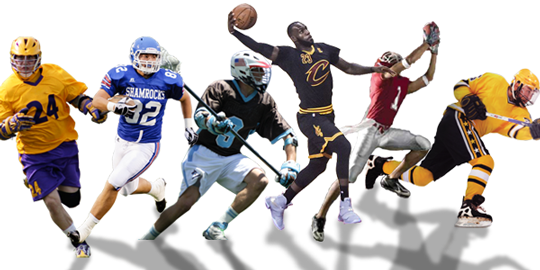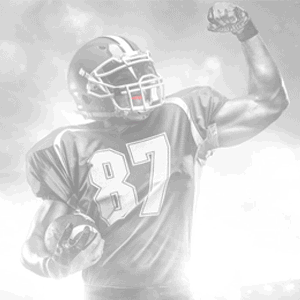Mouths Are Not Created Equally: Do Your Athletes Have Specific Mouthguard Needs?

All individuals are unique in their own way — from different body types and builds, to personalities and identities — and that means that everyone has their own specific needs.
When it comes to athletes, those needs could be extra protection for a specific sport or gear that’s catered to certain comforts. As a coach or athletic trainer, it’s important to help meet the needs of all your players so that they’ll be in a position to succeed.
When it comes to mouthguards, there are a great number of specific needs but thankfully there are also plenty of solutions. Let’s look at three ways that you could help meet your players’ unique mouthguard needs:
1. Extra Protection Is Needed
Some athletes are more susceptible to certain types of injuries than others — like Tony Romo and his collarbone or Chris Paul and his ankles. Certain players may have issues with their temporomandibular joint (TMJ) or just need extra protection from blows that may cause damage to their jawbones, teeth and jaw joint.
Those athletes need special material on their flat molar surface, which provides extra cushioning and protection between upper and lower jaw collisions. Adding protection to this area of the mouth won’t compromise speaking, breathing or comfort either, which is a great bonus!
2. Extra Durability Is Needed
Most mouthguards have a shelf life of around one season, but some athletes have a habit of destroying their mouthguards quickly. Whether due to bad chewing or misuse, some player’s mouthguards just don’t seem to last the season.
What they need is more durability, and that depends on the type of materials used to develop the mouthguard and that material’s density. The denser the material, the stronger the mouthguard; but don’t mistake thickness for density. Thickness doesn’t make the material stronger and only causes the mouthguard to be uncomfortable.
3. Less Gagging Is Needed
If you’ve ever seen an athlete constantly spit out their mouthguard it is a clear sign of discomfort. It may also be a sign that your player is very sensitive with a strong gag reflex.
Two things you need to consider: First, find the thinnest mouthguard option possible. But make sure that your athlete isn’t sacrificing protection for comfort. Find a mouthguard made from material designed to be thin with high impact absorption qualities.
Second, consider the cut of the mouthguard. The cut has the ability to make a mouthguard as comfortable as possible without sacrificing protection, perfect for those sensitive athletes.
Whether your players need extra protection, more durability or less material, there are solutions to all of their unique mouthguard needs. Which mouthguard is right for them? Click the link below to find specific mouthguards for unique individuals.
Which Mouthguard Is The Right One?






